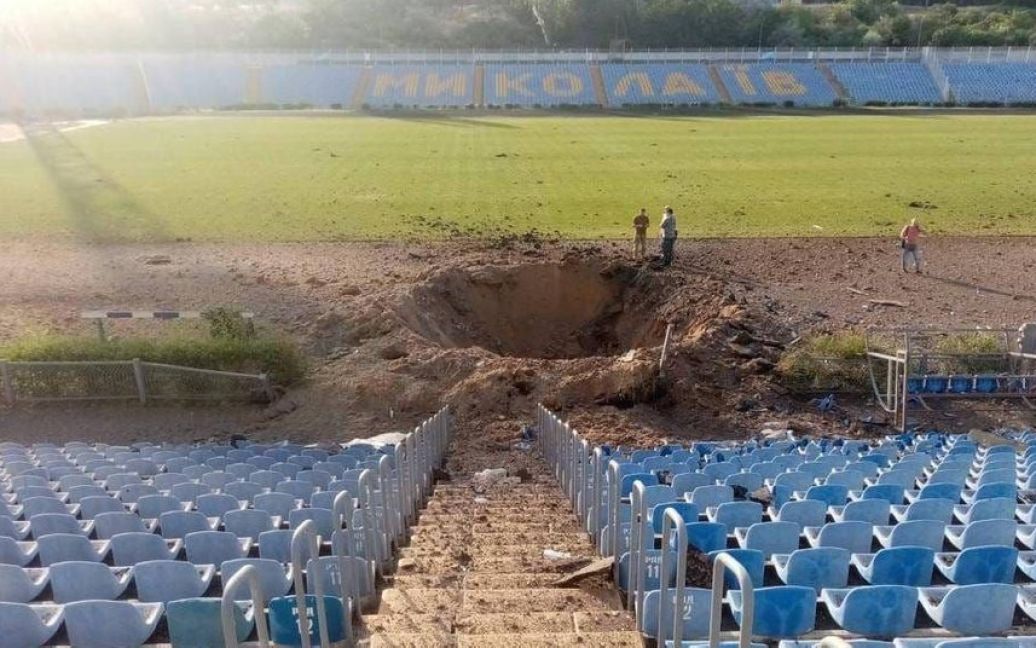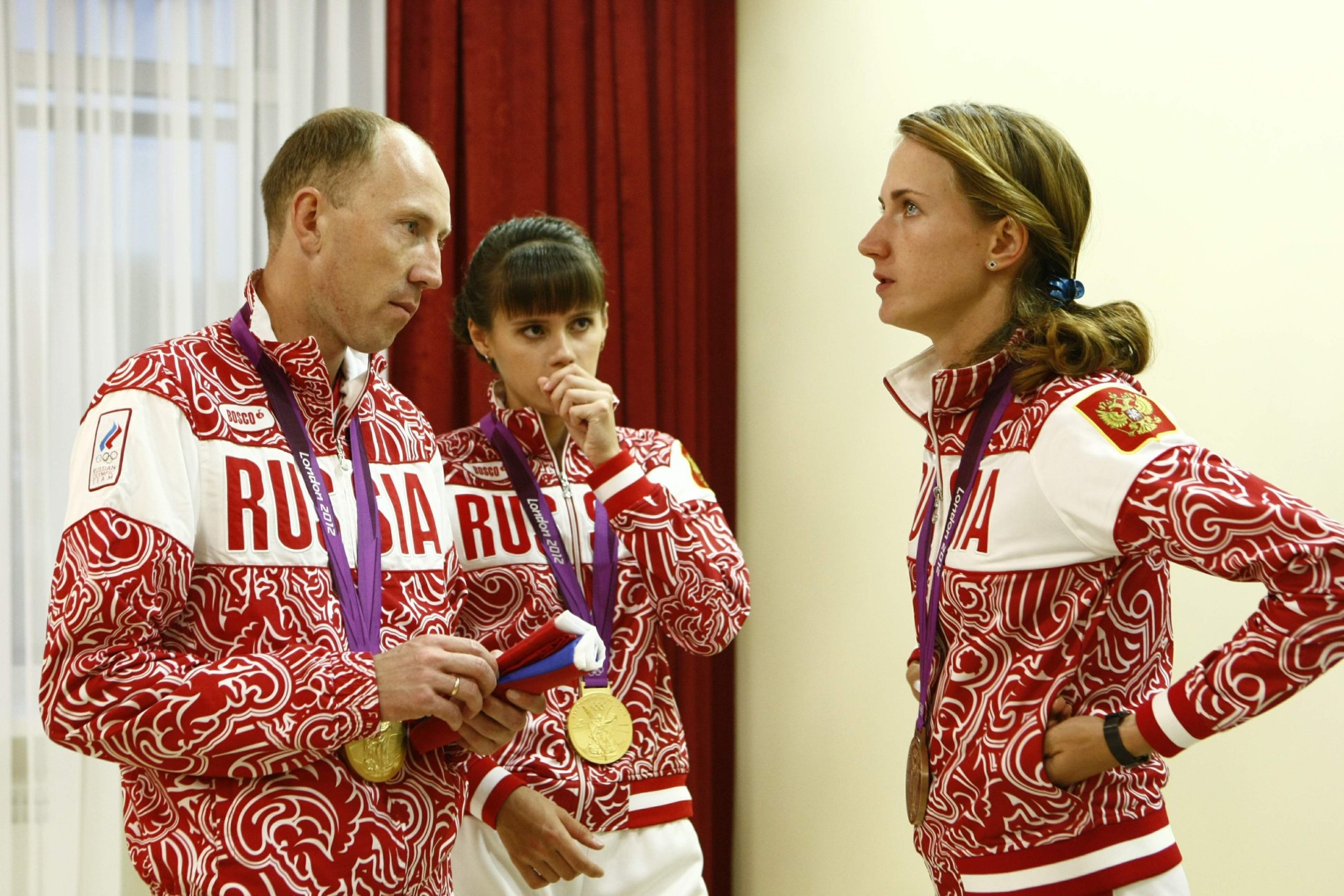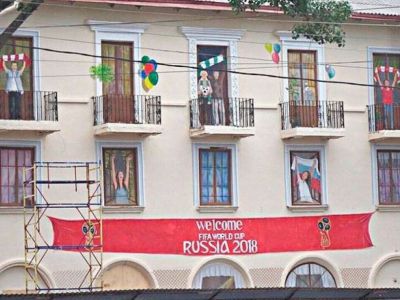When the Russian invasion of Ukraine began, FIFA and UEFA authorities met to discuss the future of football in Eastern Europe. On 27 February 2022, both organizations announced that all Russian men’s and women’s football teams would be suspended from international competitions. This was a way to punish Russia for its unnecessary and unjust war in Ukraine.
Following the ban, the Russian men’s and women’s teams missed out on several occasions to compete at the international level. The Russian senior men’s national team were not allowed to participate in the playoff qualification cycle for the 2022 World Cup, and the qualification cycle for the 2024 European Championships. Meanwhile, the Russian senior women’s national team could not qualify for the 2023 FIFA World Cup.
20 months after FIFA’s and UEFA’s decision, Russia’s military incursion continues. To date, tens of thousands of Ukrainians have died during the war. One-fourth of Ukraine’s total population is displaced, and numerous cities and villages in Ukraine have been destroyed. As the war has progressed, international observers and Ukrainian forces have also recorded thousands of accounts of atrocities committed by the Russians. These acts have been brutal and sickening, and it is no wonder why the international community continues to impose stiff sanctions on Russia to try and force it to end the war.
But on 26 September 2023, UEFA made a startling announcement. In a press release, European football’s governing body announced it would readmit children’s teams from Russia.
“UEFA was the first sports body to react to the war in Ukraine and took decisive action in February 2022 – suspending all Russian teams from its competitions, removing events scheduled in Russia like the UEFA Champions League final in Saint Petersburg and the UEFA Super Cup in Kazan, and cancelling its sponsorship contract with Gazprom,” UEFA’s statement read. “However, UEFA is also aware that children should not be punished for actions whose responsibility lies exclusively with adults,” the statement added.
To clarify, the individuals mentioned in the passage above are not Russian children. The statement refers to the Russian under-17 national teams. These are groups that compete at the highest level in the under-17 World Cup and European Championship, and one where Russia can profit from their participation in these events.
11 countries to boycott UEFA games with Russian teams
UEFA’s statement was quickly condemned. The English Football Association announced that, despite UEFA’s announcement, that English youth teams would not compete against Russian youth teams. Similarly, the Ukrainian Association of Football said it would boycott any UEFA competition that involved Russia. The Ukrainian association also called on other football federations to join these protests.
Shortly after, the Swedish Football Association joined the cause. Sweden will serve as the hosts for the 2024 Women’s Under-17 European Championships, and the Swedes said that they would “oppose UEFA’s readmission of Russian teams.” Football associations and federations from Latvia, Poland, Lithuania, Ireland, Denmark, Norway, Finland, Romania, and Iceland have also said that they would not partake in UEFA competitions that included Russia.
Finally, Ukrainians citizens spoke out against UEFA’s decision. They also inquired why Russian children should be permitted to play football while Ukrainian children are being constantly attacked during Russia’s war. According to Reuters, at least 700,000 Ukrainian children have been forcibly relocated to camps within Russia since the start of Russia’s war. Numerous Ukrainian families have been torn apart, and no one knows how or when these children will be returned to their homes. In addition, thousands of innocent Ukrainian children have been killed during Russia’s war.
What is more frustrating is UEFA’s justification for its statement. “It is particularly aggrieving that, due to the enduring [Russian invasion of Ukraine], a generation of minors is deprived of its right to compete in international football,” UEFA’s statement read. “Football should never give up sending messages of peace and hope.”
But UEFA is mistaken. Football is a luxury, not a right. According to the United Nations Universal Declaration of Human Rights, there is no section that states that individuals have a right to sport or football. The UN declaration, however, states that “no one shall be subjected to torture or to cruel, inhuman or degrading treatment or punishment.” Such is the case during the Russian invasion of Ukraine, where international observers have stated that the Russians have committed thousands of crimes against humanity. Men, women, and children have been found tortured, raped, and executed by their Russian captors and occupiers, and these Ukrainians certainly had their human rights violated.
Should UEFA decide to proceed with its reversal on children’s football in Russia, then it will invite the dangerous situation where Russia’s war in Ukraine will be normalized. Soon, the Russian Federation will begin to push for greater rights and freedoms for the men’s and women’s senior national teams. In addition, Russia will profit from television rights and viewership whenever these children’s teams compete. The revenue generated from these matches will be cycled into the Russian economy, and the money received will be used to continue financing Russia’s war.
The international community must continue its hard stance against Russian involvement in international sporting competitions. Allowing Russia to participate will only normalize and justify Russia’s illegal actions in Ukraine, and it will present Russia with false justification that it can invade its neighbors and meddle in the affairs of others without consequence.
Russia’s invasion of Ukraine must end, Ukraine’s 1991 borders must be restored, and Ukraine must be rebuilt. Only then can Russia be invited back into international sporting competitions held by FIFA and UEFA.
Related:
- Five European countries boycott UEFA football tournament over Russian participation
- Meet the singers, filmmakers, and sports stars who joined the Ukrainian Army
- The International Gymnastics Federation allows Russians & Belarusians to compete as “neutral,” claiming that “gymnastics is seeking peace”
- The Olympic Committee has a genocidal dictator problem – opinion





